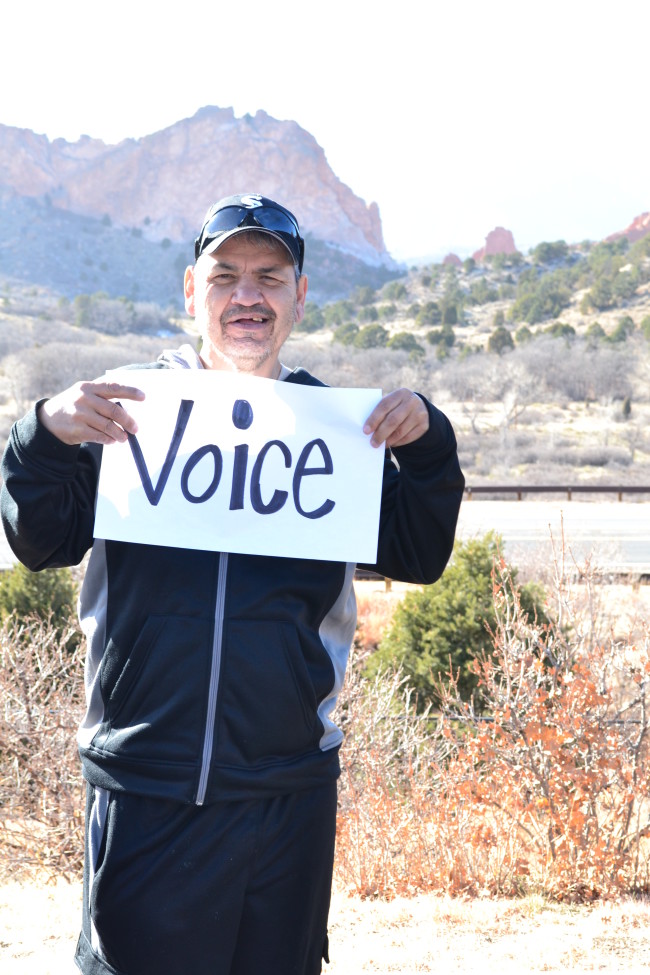Turning 18 is a major milestone, and for many individuals with intellectual and developmental disabilities (I/DD) and their families, this exciting time comes with important questions about guardianship and how to help the individual transition into adult life in the best way possible. Although navigating the world of guardianship and its alternatives can be a bit tricky, having a roadmap can make all the difference. Keep reading to learn more about guardianship alternatives.
Guardianship: Major Life Decisions
Guardianship terms and definitions vary from state to state. For example, some states recognize guardianship appointed by another state and others do not. If you’re moving to Colorado, you don’t always need to obtain guardianship in Colorado. Instead, you may just need an official document from the state in which you obtained guardianship stating that you are in good standing. Some states require that you obtain guardianship in that state after a certain time period. It’s important to research guardianship based on the state in which you live and are moving.
Guardianship Alternatives
Although guardianship is appropriate in some cases, for the most part, individuals with I/DD are able to manage their life with help from family, friends and other community members. “If you think about it, when you are making a major life decision, you usually don’t make that decision in a vacuum,” The Arc PPR Guardianship Coordinator Christina Butero explained. “You probably seek out advice from trusted sources like family, friends and experts. When an individual who has I/DD has a major decision to make, we want to guide them to make an informed decision. It’s important to presume competence.”
 In the majority of cases, an alternative to guardianship is the best solution for the individual’s needs. “If the individual is able to seek support and advice in making major decisions, I strongly advise that an alternative to guardianship be sought first,” Christina explained. “I recommend waiting a year or two before pursuing guardianship. This gives the family the opportunity to put the right supports in place in order for the individual to live as independent of a life as possible.”
In the majority of cases, an alternative to guardianship is the best solution for the individual’s needs. “If the individual is able to seek support and advice in making major decisions, I strongly advise that an alternative to guardianship be sought first,” Christina explained. “I recommend waiting a year or two before pursuing guardianship. This gives the family the opportunity to put the right supports in place in order for the individual to live as independent of a life as possible.”
For individuals who are capable of making major, informed decisions, there are a number of suitable guardianship alternatives. Some examples are listed below:
- Supported decision making. Supported decision making is a less formal process of putting a community in place to help the individual make informed major decisions. This can include parents, siblings, aunts and uncles, etc. It is advised to be cautious of pulling organizations into this decision-making community, unless there are well-established relationships between the individual with I/DD and those in the organization. Organizations can include churches, places of employment, and others. Providing the individual with education about how to make wise decisions is part of supported decision making.
- Medical or financial power of attorney. Medical or financial power of attorney allows a person appointed by the individual to make certain major decisions, such as medical or financial, on behalf of the individual with I/DD.
- Medical or financial durable power of attorney. Medical or financial durable power of attorney is used if a person loses capacity to make decisions. The durable power of attorney allows a named individual to make important heath care and end-of-life decisions on behalf of the individual with I/DD.
- Medical proxy. Medical proxy is a process where the family comes together to make major medical decisions, and a doctor signs off on the decision maker.
- Living will. If the individual with I/DD has the capacity to communicate their financial, medical, and other wishes, the living will document gives authority for how these wishes will be carried out.
- Conservatorship. Conservatorship is a legal process that is most often seen in estate planning or with individual trusts, depending on how they are written. This process provides guidance for how to manage these affairs.
- Limited guardianship. Colorado does offer limited guardianship. This allows an individual to petition for guardianship over certain areas like medical or financial.
Guardians: Cultivating Relationship

Guardians must act as an extension of the individual’s voice, making decisions as an extension of the person under guardianship.
In the case that the individual is unable to make major, informed life decisions, it’s imperative that the guardian act as a caring extension for the individual under guardianship. Guardianship should never be used as a means to control. Within the parameters of guardianship, the individual maintains many rights, such as the right to vote and to have relationships.
“Working to act as a surrogate decision maker means trying to make the decision that the individual would make,” Christina said. “This requires maintaining a healthy relationship with the individual, getting to know them as a person and looking beyond their disability.”
To read The Arc’s official position statement on guardianship, click here.
For more resources on Supported Decision Making, click here.
For a summary and comparison of advance directives and surrogate health care decision making processes for Colorado (from the Colorado Advance Directives Consortium), click here.
If you would like to speak to a guardianship specialist at The Arc Pikes Peak Region, please give us a call at (719) 471-4800. We are happy to help you navigate the process and guide you in a direction that is the best fit for your family.
Subscribe To Our Newsletter and SMS Reminders
The best way to ensure that you receive our newsletter, our event invitations, SMS reminders and other important information is to become a member of The Arc of the Pikes Peak Region.
The best way to ensure that you receive our newsletter, our event invitations, and other important information is to become a member of The Arc of the Pikes Peak Region.

